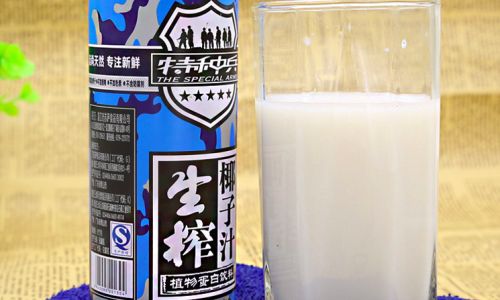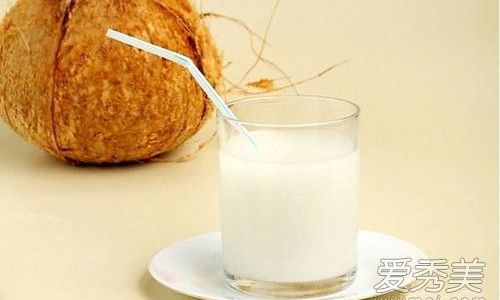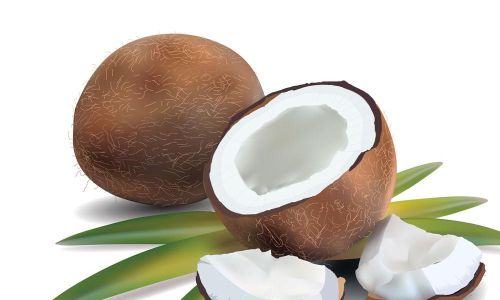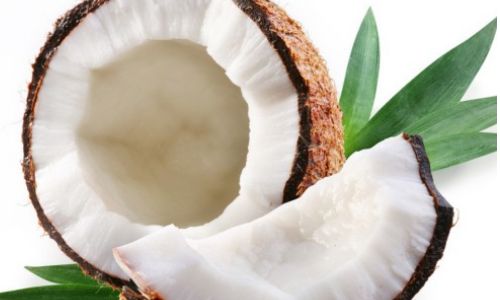Introduction
Coconut water, often hailed as nature’s elixir, has garnered significant attention in recent years for its myriad health benefits. This clear, slightly sweet, and refreshing liquid found inside young, green coconuts is more than just a tropical delight; it is a nutrient-dense beverage that offers a wide range of health-promoting properties. From hydration and electrolyte balance to enhancing skin health and boosting the immune system, coconut water stands out as a versatile and nutritious alternative to sugary drinks and artificial sports beverages. In this comprehensive analysis, we will delve into the nutritional profile of coconut water, exploring its various health benefits, potential uses, and considerations for inclusion in a balanced diet.
Nutritional Profile of Coconut Water

Before discussing the specific health benefits of coconut water, it is essential to understand its nutritional composition. Coconut water is primarily composed of water (around 94-96% by volume), with the remaining content being a blend of carbohydrates, electrolytes, vitamins, minerals, and trace elements. Here’s a closer look at its nutritional profile:
- Water Content: As mentioned, coconut water is predominantly water, making it an excellent choice for hydration.
- Carbohydrates: Coconut water contains naturally occurring sugars, primarily in the form of simple sugars like glucose and fructose, which provide a quick energy boost. However, its sugar content is relatively low compared to other fruit juices and sodas, making it a healthier option.
- Electrolytes: Coconut water is rich in potassium, magnesium, sodium, and calcium, all of which are essential for maintaining fluid balance, nerve conduction, and muscle contraction. These electrolytes are particularly beneficial after physical exertion or in hot climates where dehydration is a risk.
- Vitamins: Coconut water contains small amounts of vitamins such as vitamin C, B-vitamins (riboflavin, niacin, thiamine, and pyridoxine), and folate. These vitamins play crucial roles in immune function, energy production, and cellular health.
- Minerals: In addition to the electrolytes mentioned, coconut water also contains trace minerals like zinc, copper, manganese, and selenium, which are involved in various biochemical processes within the body.
- Amino Acids: Coconut water contains a small but significant amount of amino acids, the building blocks of proteins. While it is not a complete protein source, these amino acids can contribute to muscle repair and overall protein synthesis.
- Antioxidants: Coconut water contains antioxidants like cytokinins, which have been shown to have anti-aging properties and may help protect cells from damage caused by free radicals.
Hydration and Electrolyte Balance
One of the most well-known benefits of coconut water is its ability to promote hydration. With its high water content and natural electrolyte balance, coconut water is an excellent choice for replenishing fluids and minerals lost through sweat, especially during exercise or in hot weather. Unlike many commercial sports drinks, coconut water is low in calories and sugar, making it a healthier alternative for maintaining hydration without the added burden of excessive sugar intake.
The potassium content in coconut water is particularly noteworthy. Potassium is an essential mineral for maintaining fluid balance within cells and is crucial for nerve function and muscle contraction. When we sweat, we lose not only water but also electrolytes like potassium and sodium. Consuming coconut water can help replenish these lost electrolytes, preventing dehydration and muscle cramps.
Enhancing Digestive Health

Coconut water’s natural fiber content, although minimal, and its rich supply of electrolytes can support digestive health. Proper hydration is essential for maintaining bowel movements and preventing constipation. The presence of electrolytes like potassium and magnesium can also help regulate muscle contractions in the digestive tract, promoting smooth digestion.
Moreover, coconut water’s slightly acidic pH can help maintain a healthy gut environment by balancing the bacteria in the intestines. Preliminary research suggests that the lauric acid found in coconut water may have probiotic-like effects, promoting the growth of beneficial gut bacteria. However, more studies are needed to confirm these findings.
Boosting Immune Function
The vitamins and minerals in coconut water can support immune function and overall health. Vitamin C, for instance, is a powerful antioxidant that helps strengthen the immune system by promoting the production of white blood cells, which are essential for fighting infections. Coconut water’s B-vitamins, including riboflavin, niacin, and folate, are also crucial for immune health, as they play roles in energy production, cell growth, and DNA repair.
Additionally, coconut water’s anti-inflammatory properties can help reduce inflammation in the body, which is a key component of the immune response. Chronic inflammation has been linked to various diseases, including heart disease, diabetes, and cancer. By consuming coconut water regularly, you may be able to reduce systemic inflammation and support overall immune health.

Improving Skin Health
Coconut water’s hydrating and nutrient-rich properties can also benefit the skin. Drinking coconut water from inside out can help maintain skin hydration, promoting a healthy, glowing complexion. The antioxidants in coconut water, such as cytokinins, can help protect the skin from damage caused by free radicals, reducing the signs of aging like wrinkles and fine lines.
Topically, coconut water can be used as a natural toner or moisturizer. Its gentle, non-comedogenic properties make it suitable for all skin types, including sensitive skin. Applying coconut water to the skin can help soothe irritation, reduce redness, and provide a natural glow.
Supporting Heart Health
The potassium content in coconut water can also benefit heart health. Potassium is essential for maintaining normal blood pressure levels by counteracting the effects of sodium. High sodium intake is a known risk factor for hypertension, which increases the risk of heart disease and stroke. By consuming potassium-rich foods like coconut water, you can help lower your blood pressure and reduce your risk of cardiovascular disease.

Furthermore, coconut water’s antioxidants may help protect the heart from oxidative stress and inflammation, which are underlying factors in heart disease development. Preliminary research suggests that coconut water may have hypolipidemic effects, reducing levels of triglycerides and LDL cholesterol (the “bad” cholesterol) in the blood. However, more studies are needed to confirm these potential benefits.
Weight Management
Coconut water can be a valuable addition to a weight management plan. Its low-calorie and low-sugar content make it a healthier alternative to sugary drinks and sodas. By replacing high-calorie beverages with coconut water, you can reduce your overall calorie intake, aiding in weight loss or maintenance.
Moreover, coconut water’s hydrating properties can help you feel full and satisfied, reducing the likelihood of overeating. Proper hydration is crucial for maintaining metabolism and energy levels, which can support weight management efforts.
Potential Risks and Considerations

While coconut water offers numerous health benefits, it is not a panacea and should be consumed in moderation. Here are some considerations for incorporating coconut water into your diet:
- Sugar Content: While coconut water is lower in sugar than many fruit juices and sodas, it still contains natural sugars. If you are watching your sugar intake, be mindful of how much coconut water you consume.
- Sodium Levels: Some brands of coconut water may have higher sodium levels. If you are on a low-sodium diet, check the labels carefully and choose products with lower sodium content.
- Allergies: Coconut water, like other coconut products, may cause allergic reactions in some people. If you have a coconut allergy or sensitivity, avoid consuming coconut water.
- Contamination Risks: Coconut water is a natural product, and there is a risk of contamination with bacteria or fungi, especially if it is not processed properly. Always choose coconut water from reputable brands and manufacturers to ensure safety.
Conclusion
In conclusion, coconut water is a nutritious and hydrating beverage that offers a wide range of health benefits. Its natural electrolyte balance, vitamin and mineral content, and antioxidant properties make it an excellent choice for maintaining hydration, supporting immune function, enhancing skin health, and promoting heart health. However, as with any food or beverage, coconut water should be consumed in moderation and as part of a balanced diet. By incorporating coconut water into your routine, you can enjoy its many health benefits while supporting overall well-being.






0 comments